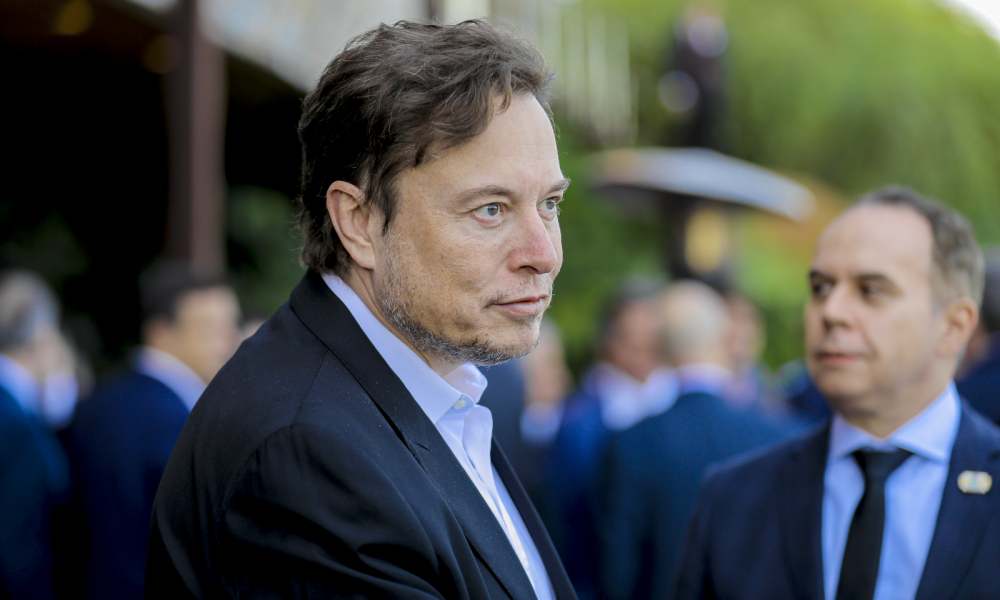Impact of Trump’s Tariffs on Detroit Automakers
President Donald Trump’s decision to impose a 25% tariff on imports from Canada and Mexico has sent shockwaves through the automotive industry, particularly in Detroit. Barclays analysts have warned that this move could have a significant negative impact on the profits of major automakers such as Ford, GM, and Stellantis.
According to a report by Fortune, a quarter of all cars sold in the United States are manufactured in Canada or Mexico. For GM and Stellantis, more than a third of the vehicles they sell in the U.S. are produced in these two countries. The analysts at Barclays estimate that Trump’s tariffs could increase the cost of each vehicle by at least $3,000, potentially wiping out all profits for these automakers.
Auto industry executives have expressed concerns about the potential consequences of these tariffs. Ford CEO Jim Farley told Fortune that if the import duties are implemented, it could cost the U.S. auto industry billions of dollars in profit losses. Farley emphasized the need for major strategic changes, including building new plants, to mitigate the impact of the tariffs.
Tesla’s Resilience in the Face of Tariffs
While traditional automakers are bracing for the impact of Trump’s tariffs, electric vehicle manufacturer Tesla appears to be in a stronger position. Tesla produces its vehicles in the United States, reducing its reliance on Mexican parts. Elon Musk has also revealed that the company’s plans for a Gigafactory in Mexico have been put on hold.
Over the years, Tesla has been recognized for manufacturing some of the most American-made cars, such as the Model Y and Model 3. The company’s production facilities in the U.S., including the Fremont Factory and Giga Texas, are among the largest and most efficient in the country.
Barclays’ Cautionary Note
Barclays analysts have issued a warning that if Trump’s tariffs remain in place, automakers like Ford, GM, and Stellantis could face significant challenges. Even if the tariffs are reduced, the analysts predict that the added costs to vehicles could lead to inflation in the industry.
Overall, the uncertainty surrounding the future of these tariffs serves as a reminder of the potential disruptions that could arise in the automotive sector. It remains to be seen how automakers will navigate this challenging landscape and adapt to the changing trade environment.

